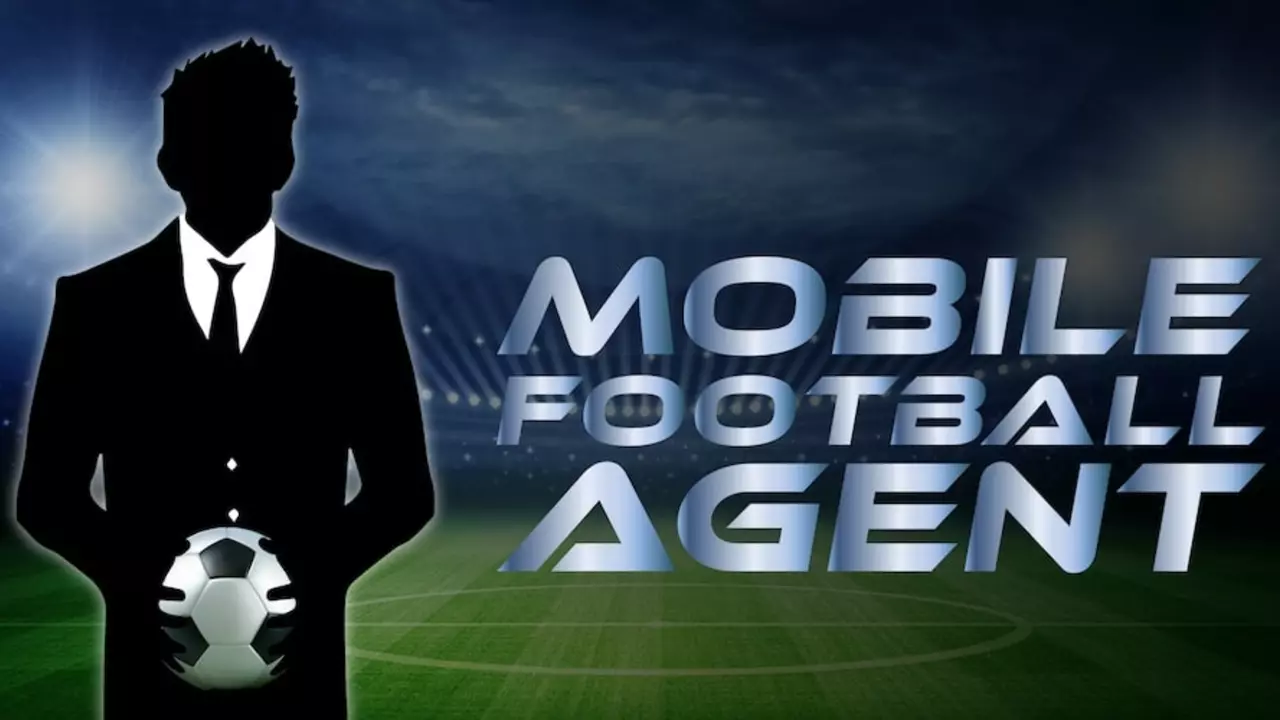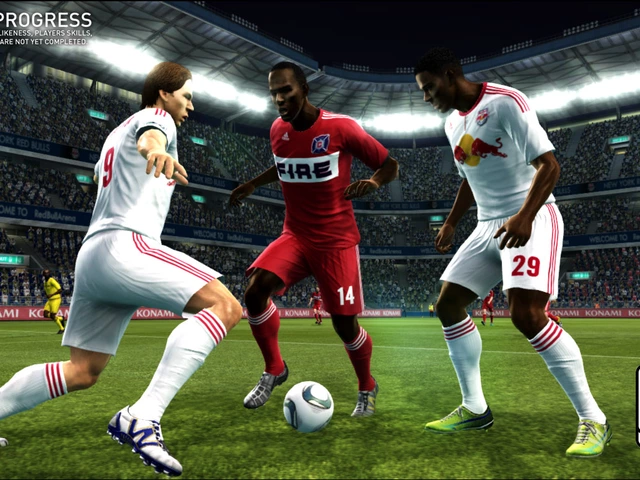What Responsibilities Matter in Soccer and Everyday Fan Life?
Whether you’re on the pitch, in the stands, or scrolling for a live stream, there are simple duties that make the game better for everyone. Let’s break down the most useful responsibilities you can adopt right now.
Master Your Skills, Own Your Progress
Every player, even a weekend hobbyist, owes it to themselves to practice the basics. Juggling a soccer ball, for example, builds touch, balance, and confidence. Start with a few gentle taps, focus on keeping the ball low, and add more touches as you get comfortable. Consistency beats intensity; a short daily session beats a single long one once a month.
Beyond juggling, any skill improvement needs clear goals. Write down what you want to achieve—say, five successful volleys in a row—then track your progress. When you see measurable growth, motivation stays high and you avoid the blame game when a session feels “off.”
Wear Your Gear the Right Way
Wearing a soccer or football jersey isn’t just about showing team colors; it’s about respecting the sport’s culture. Choose a size that fits comfortably, then pair it with appropriate bottoms—jeans for a casual look or shorts on a warm day. Add a cap or a scarf that matches the colors for extra flair, but keep accessories simple so the jersey stays the focus.
Think of the jersey as a badge of belonging. When you wear it proudly, you signal support to teammates and fellow fans. Bad etiquette, like pulling the jersey over the head with the logo inside out, can look disrespectful. A quick glance in the mirror helps you catch any slip‑ups before stepping out.
Online streaming also carries responsibilities. Free live‑stream sites can be tempting, but they often host copyrighted matches without permission. Watching on legal platforms protects the sport’s revenue, which in turn funds youth programs and stadium upkeep. If you use a free site, double‑check its legitimacy and consider supporting the league through merchandise or official subscriptions when possible.
Community responsibility matters too. Clubs and fans alike benefit when you report technical issues—like a banking outage that affects ticket purchases—or flag misleading information about match schedules. Prompt feedback helps staff fix problems faster and keeps the fan experience smooth.
Speaking up on broader topics, such as gender debates or player rights, also falls under responsibility. Sharing factual information, listening to different viewpoints, and avoiding unfounded accusations fosters a healthier dialogue. When you express an opinion, back it up with reliable sources; that way, the conversation stays constructive rather than toxic.
Finally, remember that responsibility is a two‑way street. Teams rely on fans to create a positive atmosphere, and fans rely on clubs to provide safe, enjoyable environments. Attend games with courtesy—cheer, don’t jeer, and follow stadium rules. Your behavior sets the tone for others, especially younger fans watching for role models.
In summary, the core responsibilities for anyone involved in soccer are simple: work on your skills consistently, wear your gear correctly, stream responsibly, engage thoughtfully in discussions, and support the community with respect. Apply these habits and you’ll see the sport become more rewarding for yourself and everyone around you.



